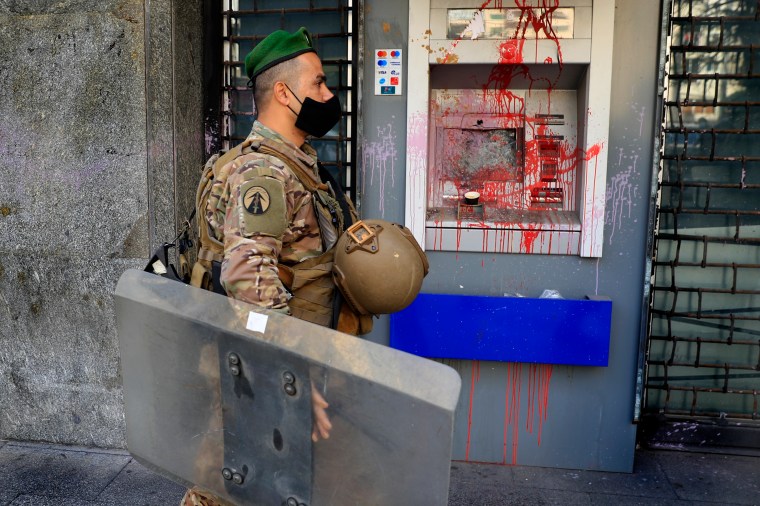On March 10, 2021, the Lebanese state-run internet service provider Ogero blocked the entire English-language news website The961 for nine hours without warning during a government crackdown on black market money changers, according to the site’s director, who communicated with CPJ by email, and the regional press freedom organization SKeyes Center for Media and Cultural Freedom.
Anthony B. Kantara, founder and director of The961, told CPJ that someone first notified him of connectivity issues on social media. Multiple Ogero subscribers subsequently found the website inaccessible, The961 reported on Twitter.
“We received no heads-up,” Kantara said. He told CPJ that Imad Kreidieh, the general director and chairman of Ogero, initially told him that there may have been a technical error, but later apologized and restored access after Kantara confirmed that The961 did not link to any currency trading websites or apps.
On March 8, Kreidieh said on Twitter that Lebanese judicial authorities had instructed Ogero to block websites, apps, or social media pages offering to exchange currency at market rates.
The961, an independent outlet, has recently covered the aftermath of the August Beirut port blast and the impact of the COVID-19 pandemic in Lebanon, among other news and political issues. The site’s dedicated section on the exchange rate includes a disclaimer that it is for informational purposes.
Kantara said he had requested written confirmation of the explanation from Ogero but had yet to receive it. “I believe that had it not been for Kreidieh, the website would still be blocked,” Kantara said.
CPJ requested comment from Kreidieh in an email to Ogero, but received no response. Ogero publishes a blocklist of websites that it restricts, but The961 was not on it when CPJ reviewed the page in mid-March. CPJ’s email to the Lebanese Justice Ministry requesting comment was not acknowledged before publication.
Several ISPs in Lebanon have blocked websites advertising exchange rates since authorities initiated the crackdown, according to the Beirut-based regional digital rights group Social Media Exchange (SMEX).The unofficial currency market has flourished as a financial crisis triggered nationwide protests over rising prices, according to news reports. Attorney General Ghassan Oweidat asked the United States to shut down related U.S.-hosted services for violating Lebanese law and undermining confidence in the Lebanese currency, local and international news reports said.
Lebanese authorities can order that websites be blocked for up to30 days – renewable once – during the investigation of serious crime like terrorism, fraud, or cybercrime, according to SMEX. Permanent blocks must be approved by a court under the 2018 Electronic Transactions and Personal Data Law.
